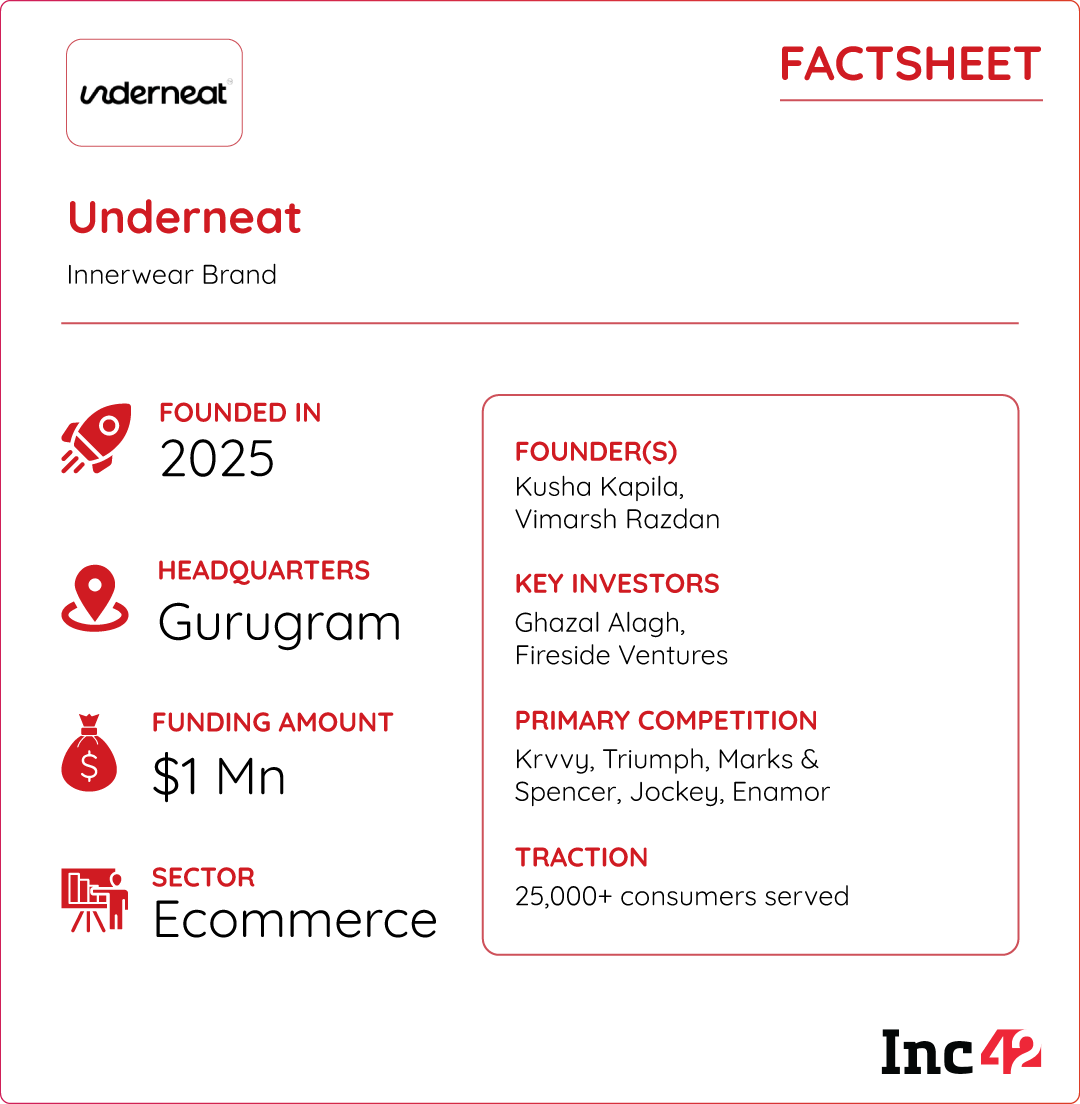Leaving the vestiges of its marketplace origins behind, Eternal-owned quick commerce major Blinkit is moving towards an inventory-led model.
The New Order: Under the inventory model, Blinkit will directly purchase goods from sellers, rather than facilitating third-party listings on its marketplace. Putting the plan in motion, the company has already informed its sellers about the potential move.
Why Shift Now? By controlling the stock, Blinkit can implement dynamic pricing, launch exclusive offerings, bundle products and expand into margin-rich private labels. This will also enable the company to gain full control over restocking speed, shelf life, and assortment planning. If done right, this could help Blinkit reduce cash burn, improve customer retention and boost repeat purchases.
What’s At Risk? The upsides of the inventory model come with its own set of risks, which are far more complex and capital-intensive than running a marketplace. Not pushing out inventory quickly could lead to heavy wastage and write-offs, while cash flow issues could also arise as Blinkit will have to pay for goods upfront. Then, any forecast misses could lead to piles of unsold stock.
Much Work To Do: Nevertheless, the transition to the new model suggests Blinkit’s bold bet on its ability to efficiently sell what it buys and the kind of relationships it builds with FMCG players from Day 1. Ensuring that its inventory is timely cleared will be key to making the quick commerce major the new FMCG darling. Further, the shift in its operational dynamics will alter how the market evaluates Blinkit and, by extension, Eternal’s stock price.
How easily will Blinkit settle into this new DNA to embrace profitability henceforth? Let’s find out.
From The Editor’s DeskBeepKart Battles For Survival: The used two-wheeler marketplace has shut operations in Chennai, fired all its employees in the city and is juggling with heavy losses. Here is how reckless expansion without a proper road map has left the four-year-old startup to fend for itself.
QpiAI Nets $32 Mn: The deeptech startup has raised the funding as part of its Series A round co-led by Avataar Ventures and National Quantum Mission. QpiAI builds AI-powered software and quantum hardware solutions for enterprises.
Nazara’s NODWIN Dilution: The esports company is raising a fresh round of capital from existing investors. However, Nazara will not participate in the fundraise, which will lead to the dilution of its stake and loss of majority control in the esports subsidiary.
Zepto Cafe Takes A Backseat: The quick commerce major is scaling down its 10-minute food delivery service due to supply chain issues and a shortage of trained staff to run kitchens. This follows the company shutting down 44 Cafes across India last month.
ixigo’s Profit Run Continues: The OTA reported a net profit of INR 18.9 Cr in Q1 FY26, up 27% from INR 14.9 Cr in the year-ago quarter. ixigo’s operating revenue surged 73% YoY to INR 314.5 Cr. Meanwhile, the travel tech platform will acquire an additional 11% stake in Zoop.
Relief For Smartworks: The Securities Appellate Tribunal has dismissed an NGO’s plea, seeking a stay on the coworking space provider’s IPO, citing a lack of merit. The startup is under the scanner for benami transactions and receiving funds from shell companies.
Truemeds Nets $20 Mn: The healthtech startup has raised the capital as part of its Series C round from Peak XV Partners, just three months after securing $44 Mn in March. The startup enables consumers to find alternative brands of prescribed medicines online.
Kettleborough Floats Fund II: The early-stage VC firm has marked the first close of its INR 80 Cr fund at INR 35 Cr. Kettleborough will dish out cheques in the range of $300K-$500K and will back startups in sectors such as AI, fintech, SaaS and full-stack commerce.
Inc42 Startup Spotlight Can Underneat Become India’s Answer To SKIMS?The global cultural influence and the rise of brands like Spanx and SKIMS have normalised shapewear as an everyday essential. However, it was the lack of affordable yet stylish shapewear options in the Indian market that prompted influencer Kusha Kapila to partner with Vimarsh Razdan to launch Underneat in 2025.
Tailored For Indian Needs: The Delhi NCR-based brand sells shapewear and innerwear products, which offer breathability and sweat absorption in the Indian heat. It uses German-engineered wicking yarns imported from Sri Lanka, Vietnam and China to manufacture its products, which are better suited for local climatic conditions.
The INR 100 Cr Revenue Target: The startup aspires a top line of INR 100 Cr in the next 36 months. The brand’s distribution strategy revolves around leveraging Kapila’s significant online presence and affordable offerings to drive sales. It claims to have already sold products (GMV) worth INR 4.5 Cr within five months of its inception, with EBITDA profitability.
Will It Sustain? Going forward, it plans to focus more on marketplaces and quick commerce platforms. It also plans to establish exclusive brand outlets, beginning with Delhi and Mumbai, based on consumer traffic and demand.
With the Indian innerwear market projected to reach $20 Bn by 2030, can Underneat win in the shapewear space long dominated by H&M, Zivame, and Clovia?

The post Blinkit Is Reshaping Its DNA, Inside BeepKart’s Fall & More appeared first on Inc42 Media.
You may also like

Brit friends who drowned at Portugal hotel pictured as parents face 'nightmare'

Mary Berry's popular lemon drizzle traybake with simple method loved since the 1960s

Two Workers Die After Being Buried Under Debris During Sewer Line Work In MP's Shahdol

Trump's ultimatum: India hits out at Nato chief's sanction warning over trade with Russia; warns against 'double standards'

ITV Coronation Street fans 'work out' Carla Connor's secret after Michael Bailey scenes






